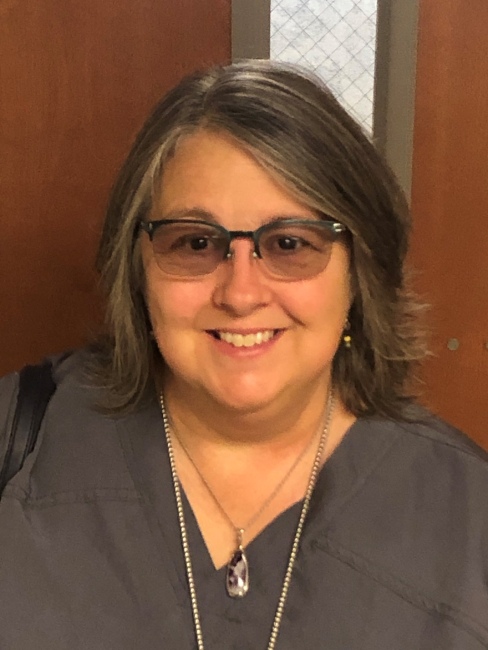
Rise Above essay winner uses her own history to connect with patients
07/18/19 02:52:pmRogers team members were invited to submit statements and stories about what it means to help patients rise above the challenges of mental illness and how they and their colleagues help Rogers set the standard for behavioral health care. The following essay was written by Jenny Otto, PCA, Support Specialist:

Your first thoughts may be: “You shouldn’t talk about yourself.” “Their illness is not about you.” Or, “that’s not appropriate.”
Evidenced-based research presents that the best way to reduce stigma is by sharing stories of recovery. It empowers and inspires individuals to overcome the shame and fear associated with mental illness. It also is encouraging to patients to be more open, embrace the idea of treatment and provide hope that their own recovery path is possible. Here are some of the responses I have received from our patients when I have shared glimpses of my recovery story in the context of a patient expressing hopelessness or shame.
“Thank you for sharing part of your story with me.”
“If you have gotten better, I think I can too.”
“This makes me feel hopeful.”
“I feel better knowing that I am not alone.”
I am not their social worker, experiential therapist, nurse, or doctor. As their PCA and advocate, this is one way I can support their recovery. Connecting with them where they are at in that moment, with aspects of my lived experience to provide connection and hope.
I continue to share with patients and my peer staff the valuable resources we have through Rogers InHealth and WISE Wisconsin. These are available to educate, reduce stigma, and connect individuals, families, teachers, providers, and organizations to appropriate resources.
Along with sharing Stories of Recovery, I have learned that language is important. It is important for them to know that it takes COURAGE and VULNERABILITY to ask and receive help. I let them know that I am PROUD of myself and them, I BELIEVE IN THEM and everyone’s ability to LEARN, GROW, AND HEAL. WE ALL HAVE GIFTS OF IMPERFECTION that we need to EMBRACE which then allows us OPPORTUNITY and OPENNESS TO GROW. We also ALL HAVE STRENGTHS. It is a GOOD thing that we all have DIFFERENT STRENGTHS. We can LEARN from each other. As human beings we are a lot MORE ALIKE THAN DIFFERENT. We are ALL HUMAN, HAVE A BRAIN, and HAVE OUR OWN MENTAL HEALTH to LEARN ABOUT and TAKE CARE OF. Expanding the vocabulary of positive words helps my patients begin to learn how to create their own narrative of their MENTAL WELLNESS JOURNEY.
I am happy and excited to see that appropriate, patient-focused disclosure can be embraced within Rogers. I believe that this could add to our exceptional standard of delivery for behavioral health care.
Let’s RISE ABOVE.





